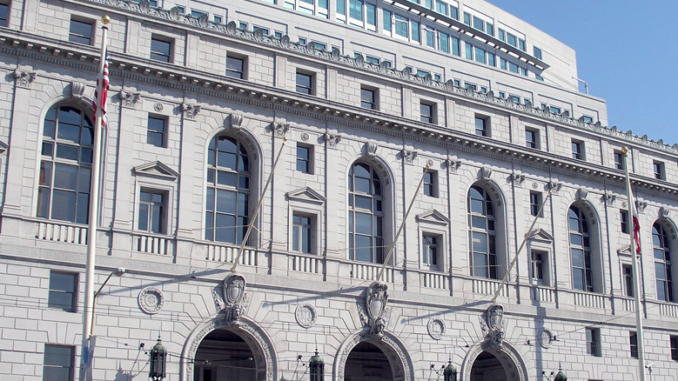
On Monday the California Supreme Court ruled, that Yelp did not have to remove negative comments by the user named “Birdzeye B.”
The one-star review which in part warns Yelp users to “STEER CLEAR OF THIS LAW FIRM!,” was posted against, Hassell Law Group, owned by Dawn Hassell, on January 28th, 2013.
The multiply paragraph negative review prompted a defamation lawsuit in spring of 2013 that led to a November 2013 default judgement against Bird, as she failed to appear before the court.
The default judgement also ordered Yelp who had not been involved or named as a defendant in the original lawsuit to “remove certain consumer reviews posted on its website.”
Yelp appealed the decision citing a federal law that was passed in 1996 called “Communications Decency Act,” this law states in part that, “no provider or user of an interactive computer service shall be treated as the publisher or speaker of any information provided by another information content provider” The company also argued that by not being named in the original lawsuit it violated both it’s federal and state constitutional right to due process. The Court of Appeal rejected both of the companies arguments.
On Monday the Supreme Court of California reversed The Court of Appeal’s decision, in a 4-3 opinion, stating that the court, “erred in regarding the order to Yelp as beyond the scope of section 230,” of the CDA of 1996.
The ruling also states that the lawyers for the plaintiff admitted in oral arguments before the Court, that leaving Yelp out of the original lawsuit was, “intentional,” as plaintiffs had “anticipated that if they added Yelp as a defendant and integrated the company into the action at that time, Yelp could respond by asserting immunity under section 230.”
The ruling concludes that the “litigation strategy,” of not including Yelp was an attempt to “accomplish indirectly what Congress has clearly forbidden,” the attempt failed according to the ruling, even though they were not named, the plaintiffs based on their actions ultimately treated Yelp, as “the publisher or speaker of . . . information provided by another information content provider.”
Hassell’s attorney Monique Olivier issued a statement via the Los Angeles Times that said the ruling, “stands as an invitation to spread falsehoods on the internet without consequences,” and that her client was considering appealing to the Supreme Court.
